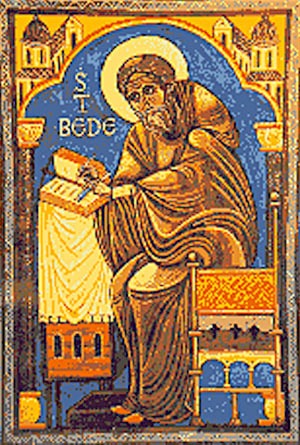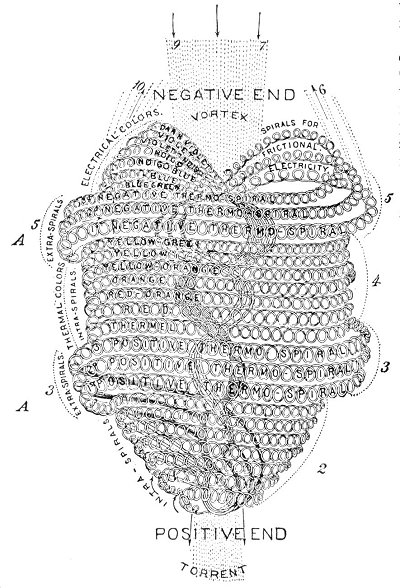We come to lay before the world the claims of an institution
p. v
which has been sanctioned by ages, venerated for wisdom, exalted for “light;” but, an institution whose benefits have always been overrated, and whose continuance is not in the slightest degree, necessary. We meet it with its high requirements, its “time honored customs,” its swelling titles, and shall show it in its nakedness and simplicity. Strip it of its “borrowed trappings” and it is a mere nothing, a toy not now worthy the notice of a child to sport with. We look back to it as, at one period, a “cement of society and bond of union”—we view it as, at one time, a venerable fort—but now in ruins—which contained within its walls many things that dignified and adorned human nature. We give it due credit for the services it has done; but at present when light has gone abroad into the utmost recesses and corners of the world—when information is scattered wide around us, and knowledge is not closeted in cloisters and cells but “stalks abroad with her beams of light, and her honors and rewards,” we may now, when our minority has expired, act up to our character and look no longer to Masonry as our guide and conductor; it has nothing in it now valuable that is not known to every inquiring mind. It contains, wrapped up in its supposed mysteries, no useful truth, no necessary knowledge that has not gone forth to the world through. other channels and by other means. If we would have a knowledge of sacred history—of the religion and practices of the Jews, and the terms and technicalities of the Mosaic institutions, we can have recourse to the Bible. If we wish further communications from heaven, we have open to our view the pages of the New Testament. If we would “climb the high ascent of human science, and trace the mighty progress of human genius in every gigantic effort of mind in logic, geometry, mathematics, chemistry, and every other branch of knowledge,” we ridicule the idea that Masonry, in her retirements, contains the arts and sciences. The sturdiest Mason in the whole fraternity is not bold enough to uphold or maintain the opinion for one moment in sober reality. The origin of the institution is easily traced to the rude ages of the world—to a body of mechanics, or a corporation of operative workmen, who formed signs and regulations, the more easily to carry on their work, and to protect their order. [The very obligations solemnly tendered to every member,
p. vi
carry the strongest internal evidence of the semi-barbarity that prevailed at the time of the institution of the order,] In the course of time, as society increased, and knowledge became more general, it spread, and embracing in its grasp other objects than at first, it enrolled in its ranks men of the first respectability in wealth, talents and worth. But that there is anything intrinsically valuable in the signs, symbols, or words of Masonry, no man of sense will contend. That there is not any hidden secret which operates as a talismanic charm on its possessors, every man of intelligence, Mason or no Mason, must candidly acknowledge. It is worse than idleness for the defenders of the order, at the present day to entrench themselves behind their outward show—the semblance before the world—and to say they are in possession of superior knowledge.
We pretend not to act under a cover. We shall “tell the truth, the whole truth, and nothing but the truth.” Masonry, it is true, has long been eulogized in song—it has formed the burthen of the poet’s theme, and been the subject of the orator’s best performances. Fancy has been almost exhausted in bringing out “new flowers to deck the fairy queen;” but when we come behind the scenes, what is the picture we behold? Are we to rest satisfied with the ipse dixit of others, or to examine the truth for ourselves? The touchstone is before our readers in the present publication.
Masonry is of itself naked and worthless. It consists of gleanings from the Holy Scriptures, and from the arts and sciences, which have shone in the world. Linking itself with philosophy and science and religion, on this it rests all its claims to veneration and respect. Take away this borrowed aid, and it falls into ruins.

Moe is the founder of GnosticWarrior.com. He is a father, husband, author, martial arts black belt, and an expert in Gnosticism, the occult, and esotericism.



